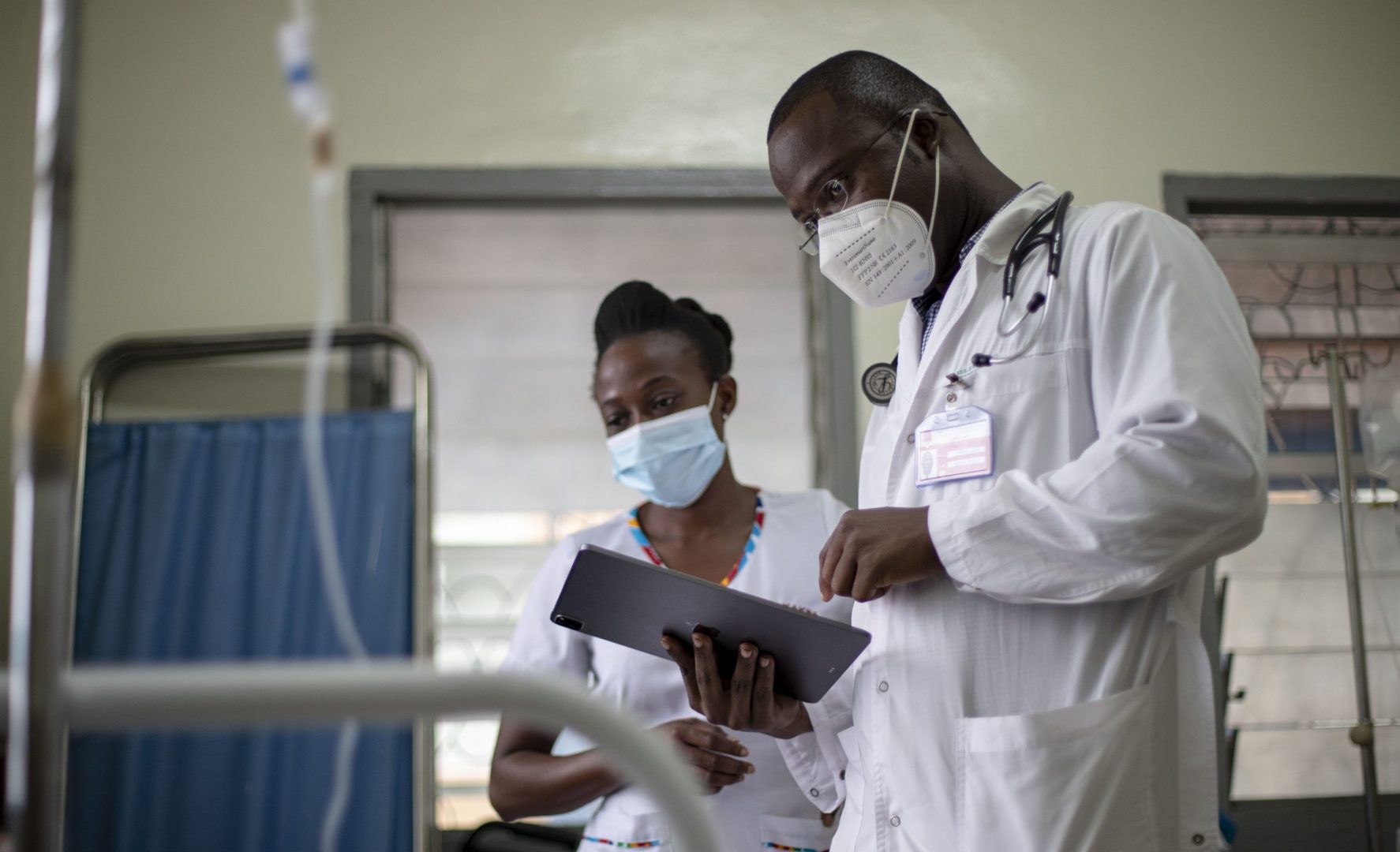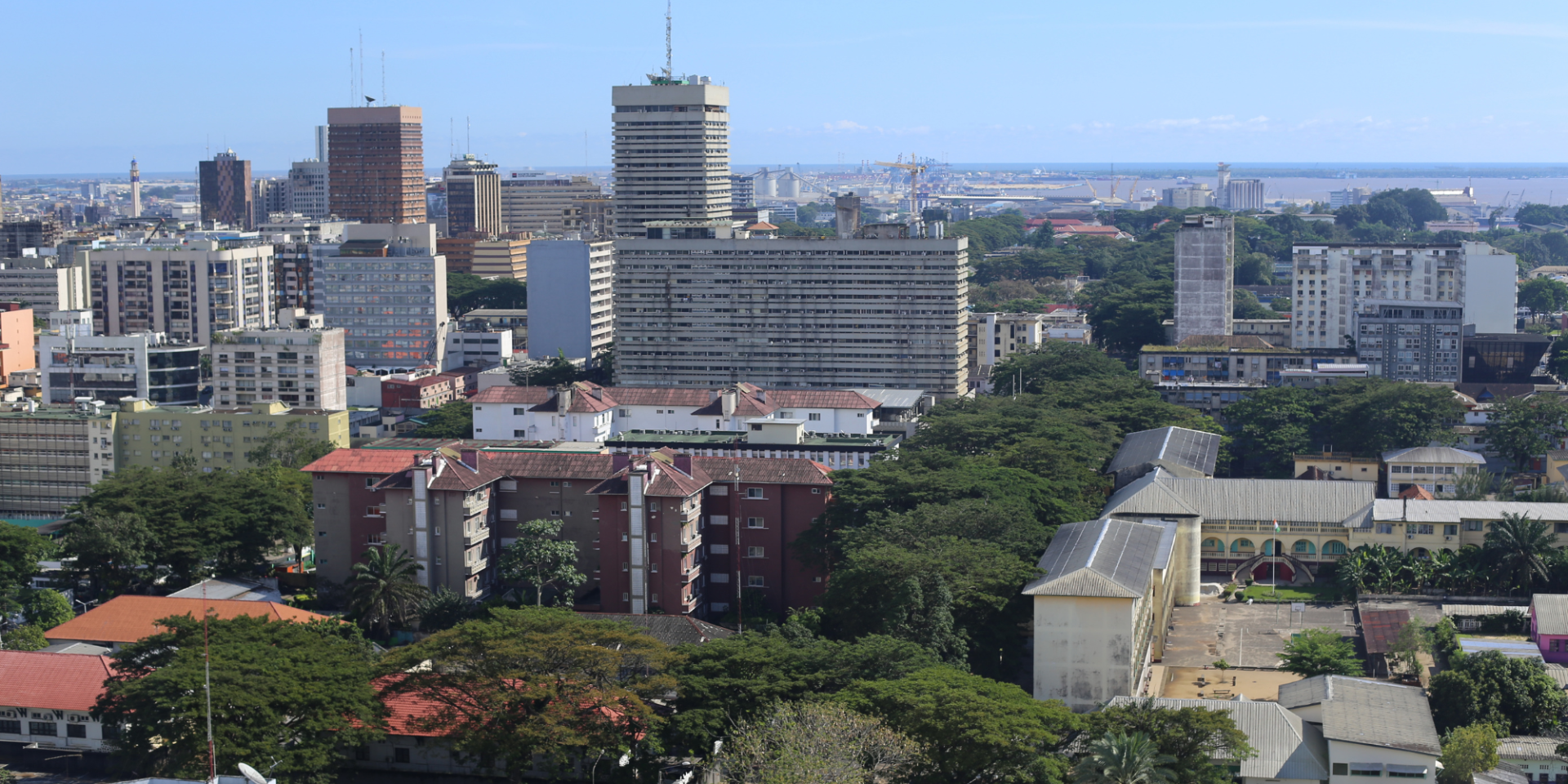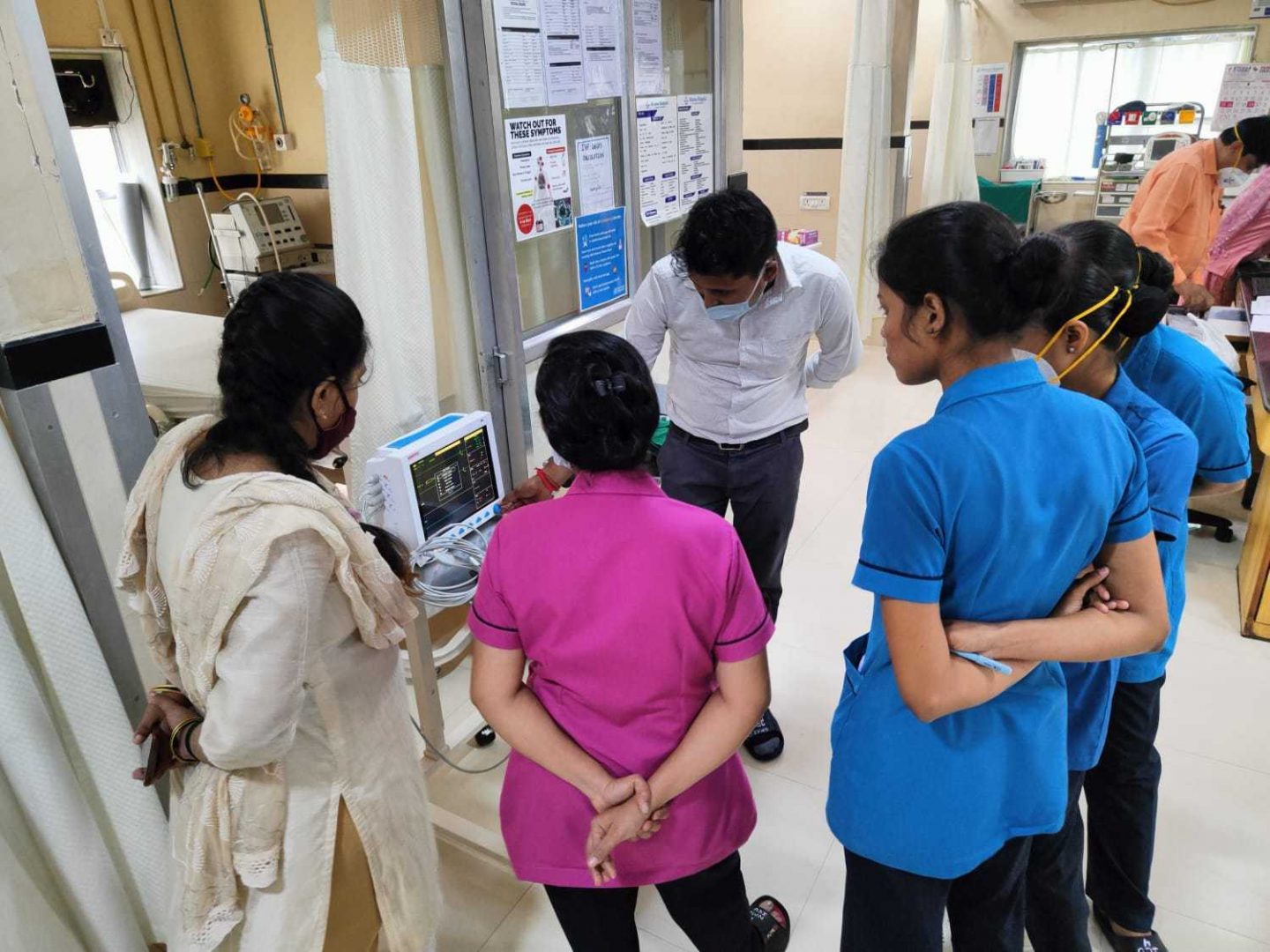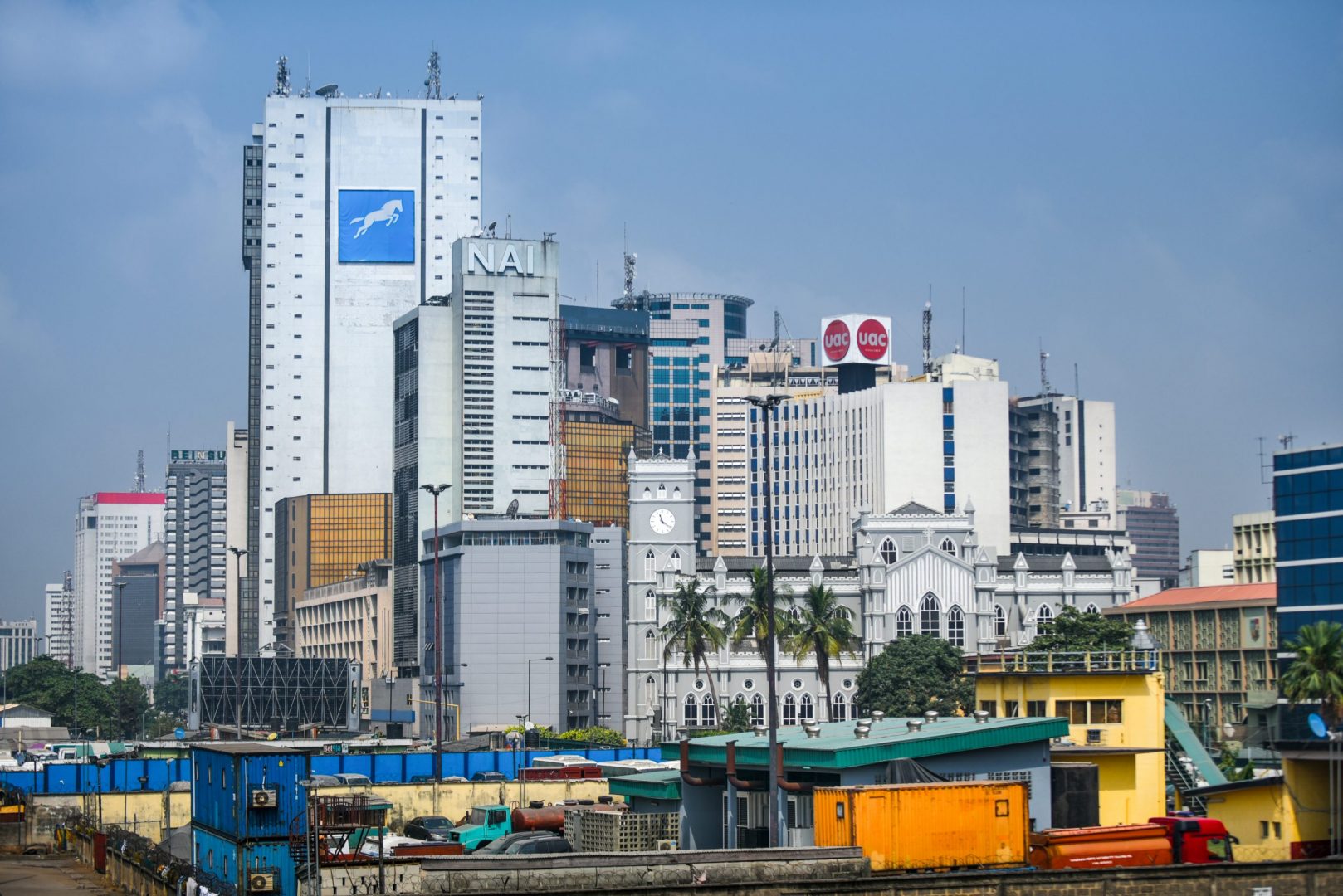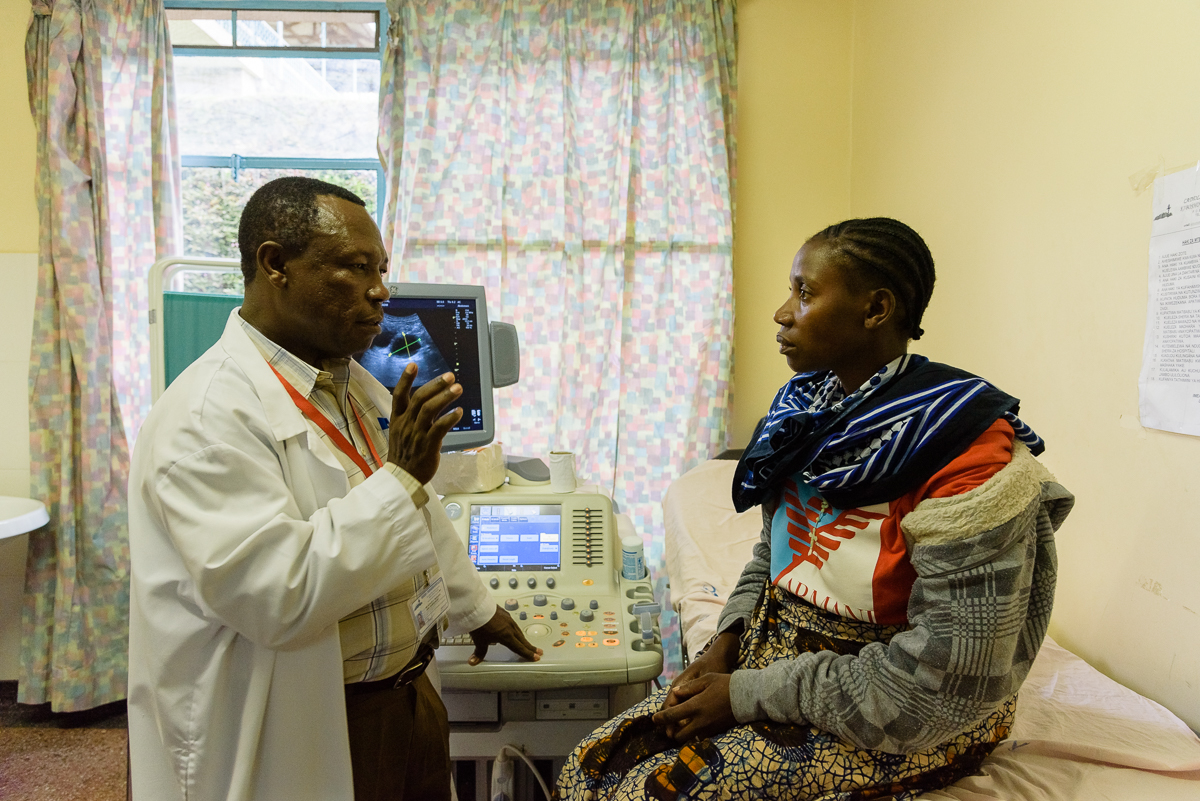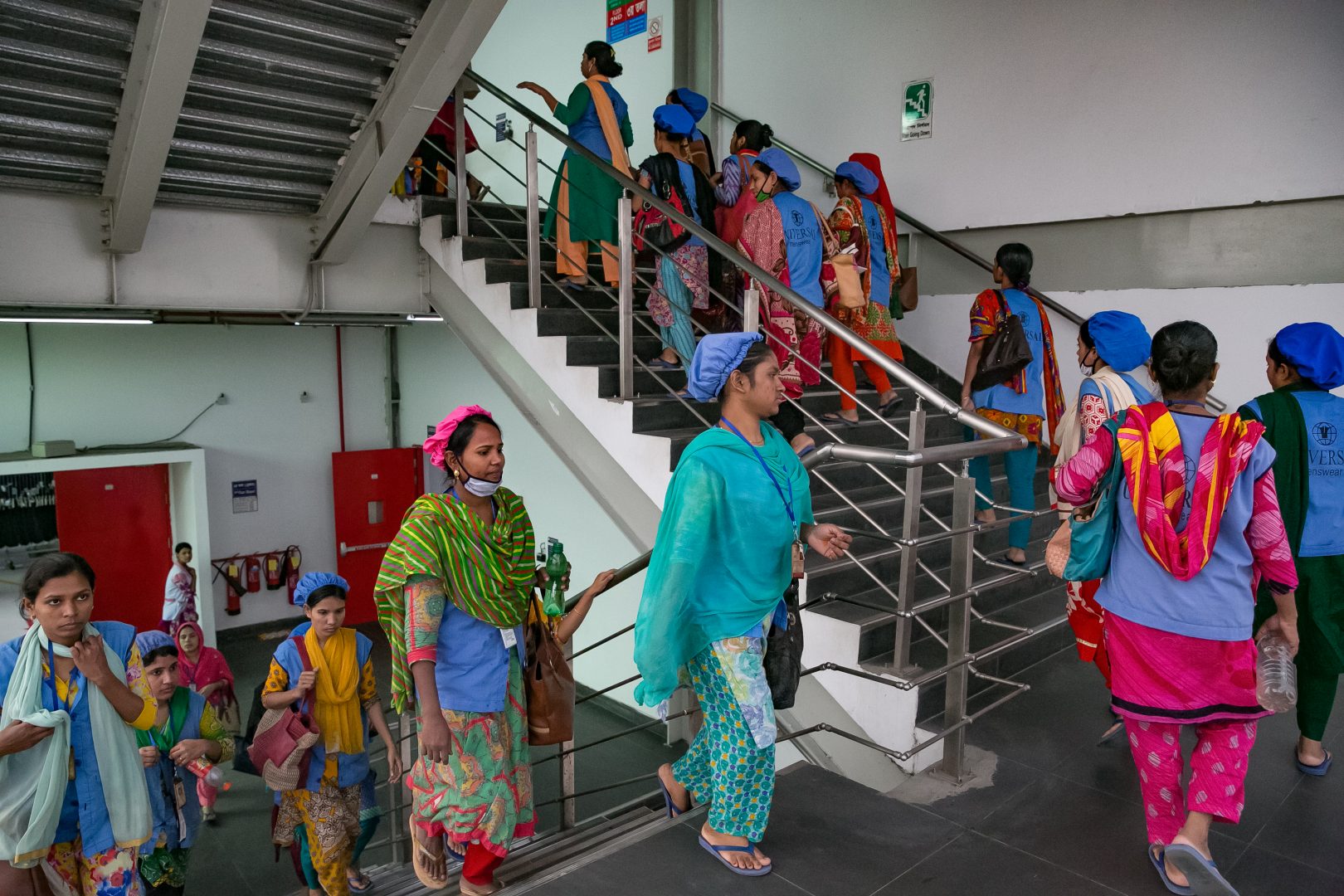In sub-Saharan Africa around 50 per cent of healthcare services are delivered by the private sector. The private health sector is fragmented and is largely made up of small and medium-sized healthcare providers, who face difficulty accessing finance to improve the (often poor) quality of care or expand their services. This is especially true for small healthcare providers serving low-income populations.
To help increase access to quality healthcare services for low-income patients, we invested in Medical Credit Fund (MCF). MCF provides flexible local currency debt finance to healthcare providers through risk-sharing partnerships with local financial institutions. The loans are often combined with technical assistance to help healthcare providers improve service quality and increase their capacity. To date, MCF has disbursed over 4,752 loans amounting to $83 million to SMEs providing healthcare in Ghana, Kenya, Nigeria, Tanzania and Uganda.
Now, MCF is considering expansion into other countries in sub-Saharan Africa. To prepare for expansion into West Africa, starting with Côte d’Ivoire and Senegal, MCF commissioned this market entry study, with support from CDC, to better understand the private health sector and opportunities for investment. The study included document review and interviews with key stakeholders in the health and finance sectors as well as with individual healthcare SMEs and financial institutions.
Carried out in the second half of 2019, this study was conducted before the outbreak of COVID-19, however the insights in the report remain relevant. The pandemic has underscored the critical need for financing health SMEs to support provision of high-quality healthcare across Africa.
What did we find out?
An outline of the monetary policy, legal and regulatory frameworks in Côte d’Ivoire and Senegal indicates several ongoing reforms to ease doing business and attract investment, as well as early-stage credit rating initiatives in each country. In relation to the health sector, domestic government spending is low in both countries compared with the average in sub-Saharan Africa. A review of unmet demand for private health financing reveals untapped potential; the size of the potential market for private health sector lending in Côte d’Ivoire is an estimated $50-100 million.
We identified several opportunities to strengthen the private health sector in both countries. Firstly, there are three areas where health SMEs are particularly ripe for investment: high growth potential clinics; medical and paramedical practices; and wholesalers of both pharmaceutical and medical equipment. Beyond this, there are also non-financial areas which require support, such as improving the quality of healthcare service delivery by tapping into existing international care quality standards. Supporting these areas would lead to a larger, better performing private health sector in both countries, which is critical to strengthening healthcare systems and improving health outcomes for populations. We hope that this report will help MCF, but also others, to plan investment in this critical sector in these growing markets.



